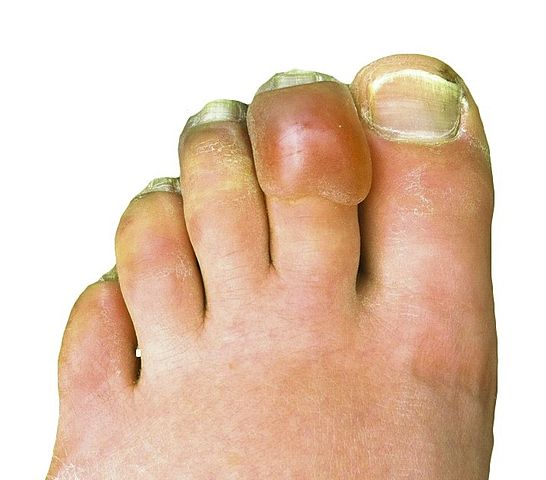Spray-on gel shows promise as a better frostbite treatment
Date: 13.12.2019
It's important to treat frostbite quickly, as it can lead to gangrene and ultimately amputation. A new spray gel could help, allowing for highly-effective treatment in places where it might not otherwise be possible.
 Current treatments for frostbite include immersing the affected body part in warm water, and applying antibiotic or anti-inflammatory creams. For someone such as a mountaineer on an isolated mountaintop, however, warm water won't be available, and creams could freeze.
Current treatments for frostbite include immersing the affected body part in warm water, and applying antibiotic or anti-inflammatory creams. For someone such as a mountaineer on an isolated mountaintop, however, warm water won't be available, and creams could freeze.
With these limitations in mind, a team of Indian scientists created the experimental gel. First and foremost, it incorporates heparin, which is an anticoagulant that improves blood flow by both assisting in blood vessel repair and reducing clotting. This is packaged into tiny vesicles known as liposomes, which carry it through the surface of the skin and into the damaged tissue.
The spray additionally contains ibuprofen – for reducing pain and inflammation – along with propylene glycol, to keep the gel from freezing.
When the medication was sprayed onto lab rats' frostbite injuries, the wounds completely healed within 14 days. After the same amount of time, injuries on untreated rats were only 40-percent healed, while wounds that were treated with an antibiotic cream had healed by 80 percent.























